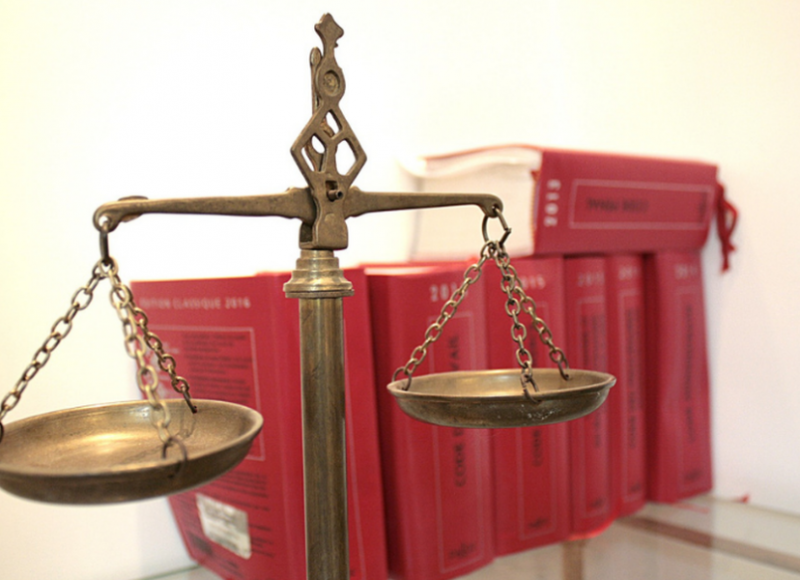
Rule of Law in Bosnia and Herzegovina – the Transformation of the High Judicial and Prosecutorial Council
Rule of Law in Bosnia and Herzegovina – the Transformation of the High Judicial and Prosecutorial Council
ÖGfE Policy Briefs
March 9, 2022
By Nedžma Džananović and Sead Turčalo
Policy Recommendations
- Full institutional and financial independence of the judiciary must be ensured on judicial levels, following the example of the Brčko District.
- Amending specific aspects and provisions of disciplinary procedures and elaborating ethical codes in order to further develop, clarify and promote the application of highest ethical standards within the judiciary would be a measure particularly important for restoring the public trust in judiciary.
- The revised Law on the High Judicial and Prosecutorial Council should ensure a comprehensive reform of its functioning given its immense influence – while the independence from external factors should be strengthened, internally it should be restructured to avoid the concentration of power. The Office of the Discipline Council, particularly, needs full institutional, financial and personal independence from the High Judicial and Prosecutorial Council.
Abstract
In its Analytical Report from 2019 and consequent Report on Bosnia and Herzegovina (BiH) 2020, the European Commission has pointed that judiciary in the country, in general, is barely at an early stage, meaning that it has only some level of preparation for the integration in the European Union. In addition, for many years the level of public trust in the judiciary in BiH has been consistently low and further diminishing the independence of judges and prosecutors. Several studies and research projects only confirm the worrying trends (Blagovčanin et al., 2021; Expert Report on Rule of Law Issues in Bosnia and Herzegovina, 2019; USAID Justice Project in BiH, 2015). Although numerous reforms would be both essential and urgent, this Policy Brief focuses on those that take the precedence, simply because they can help create the environment or for more demanding structural reforms. The latter namely concern strengthening independence, especially the financial independence of the judiciary; reintroducing ethics and integrity by amending specific aspects and provisions of disciplinary procedures and elaborating ethical codes in order to further develop, clarify and promote the application of highest ethical standards within the judiciary, that would eventually contribute to restoring the public trust in the judiciary; both leading to a comprehensive restructuring of the High Judicial and Prosecutorial Council which would strengthen its independence from external factors, while simultaneously avoiding over-concentration of power in that central body especially in relation to the Office of the Disciplinary Council.
